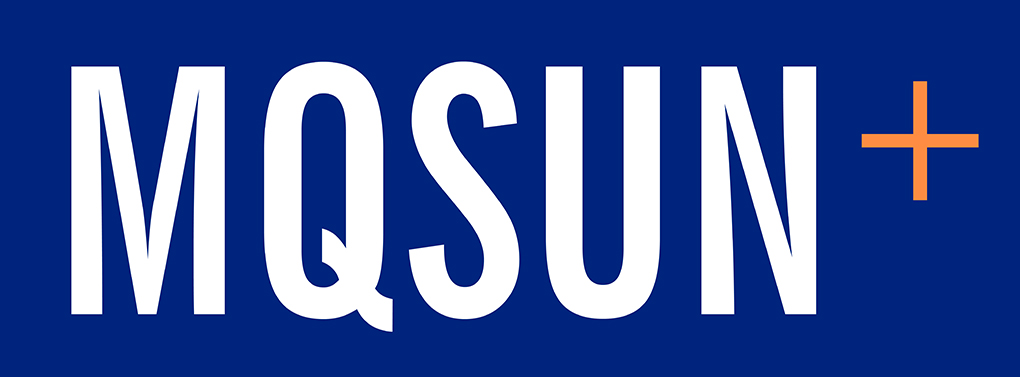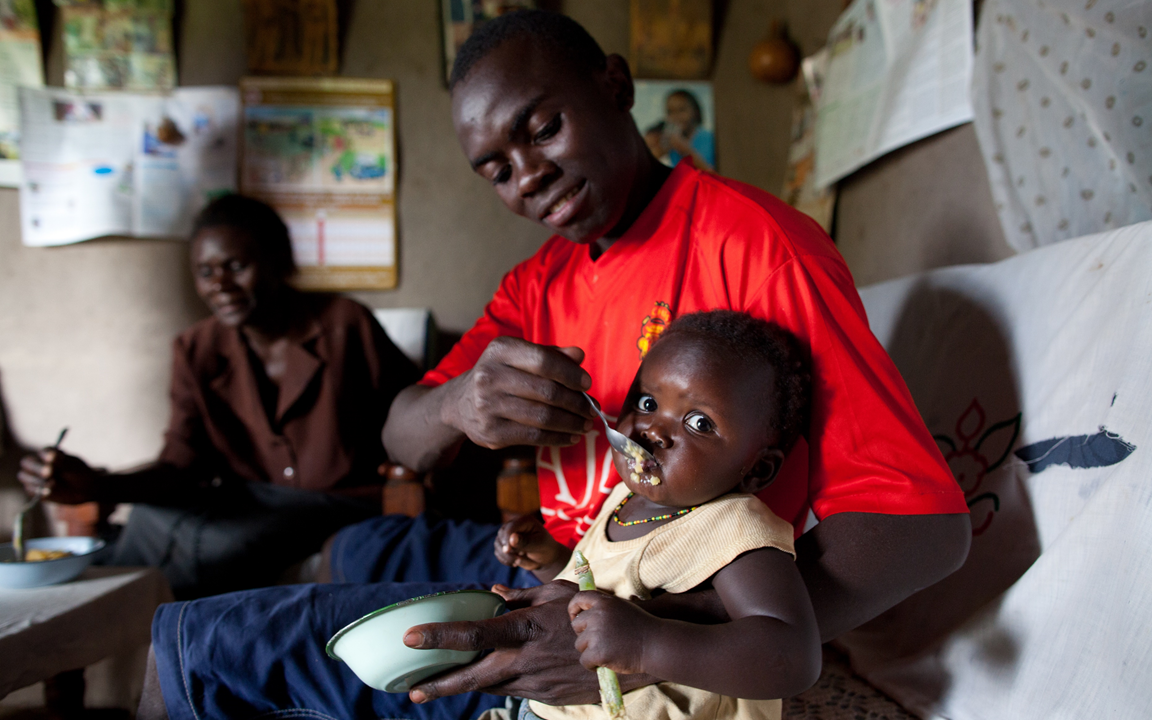Addressing malnutrition during crises requires humanitarian and development workstreams to act together to prevent deterioration of the nutrition situation whilst simultaneously strengthening countries capacity to address the underlying causes of malnutrition in an effective and sustainable manner.
Under this context, humanitarian actions are specified as those that are designed to relieve suffering in the short term or during crises and emergencies. Development actions, on the other hand, are designed to ameliorate long-term, systematic issues, such as poverty, and advance economic, political, social and environmental growth.
This brief explores ways to build better linkages between humanitarian and development nutrition actions in crisis-affected countries. It briefly describes some of the divisions that exist between humanitarian and development nutrition programming and provides recommended actions that country stakeholders can take to better coordinate and align efforts to combat malnutrition—specifically focused on opportunities to bridge the divide during the country-led process of developing multisectoral nutrition plans (MSNP). Global stakeholders working to support countries affected by fragility, conflict and violence in addressing malnutrition may also find this brief helpful. These recommended actions are informed by Maximising the Quality of Scaling Up Nutrition Plus (MQSUN+) experience supporting the multisectoral nutrition planning process in fragile or conflict-affected countries participating in the SUN Movement


